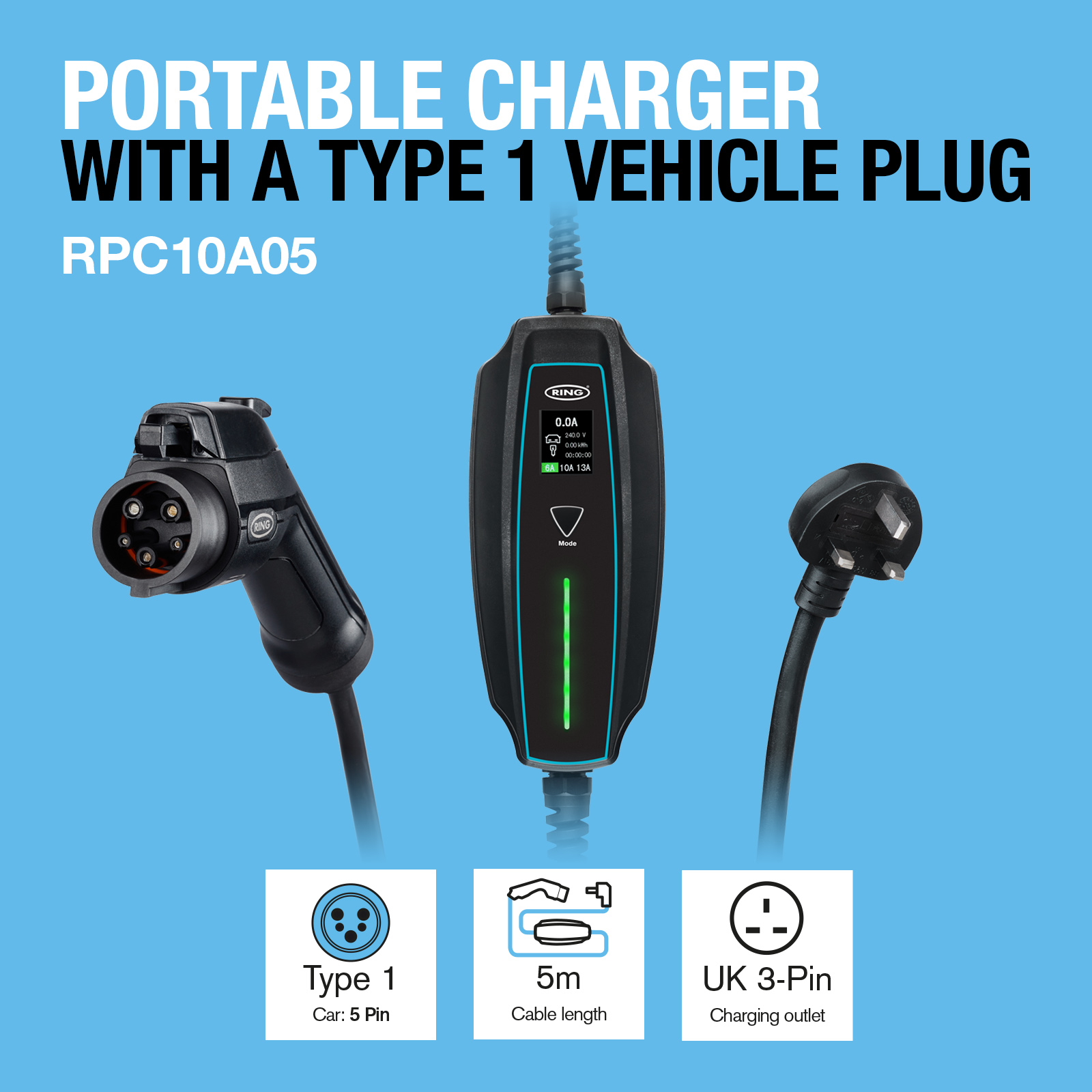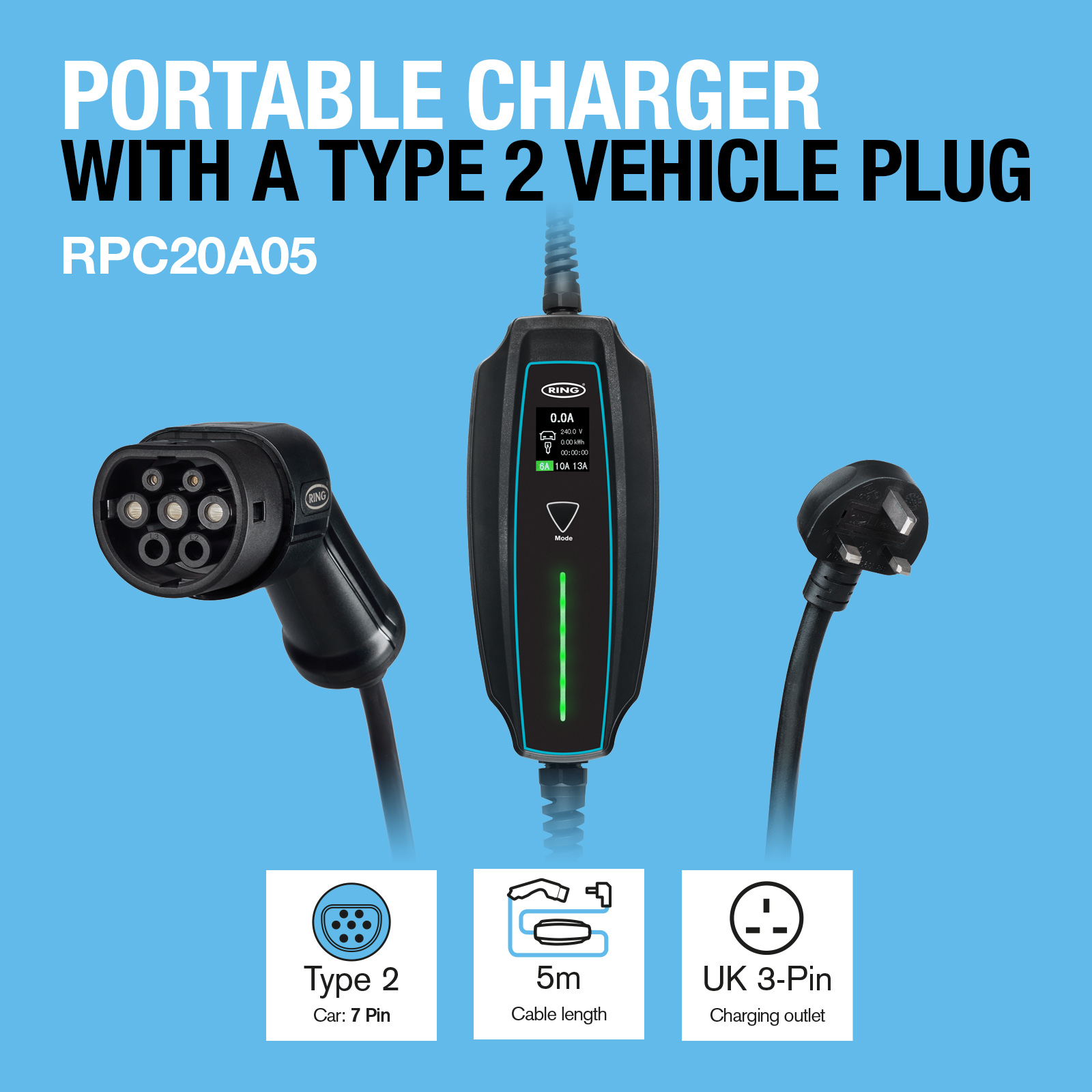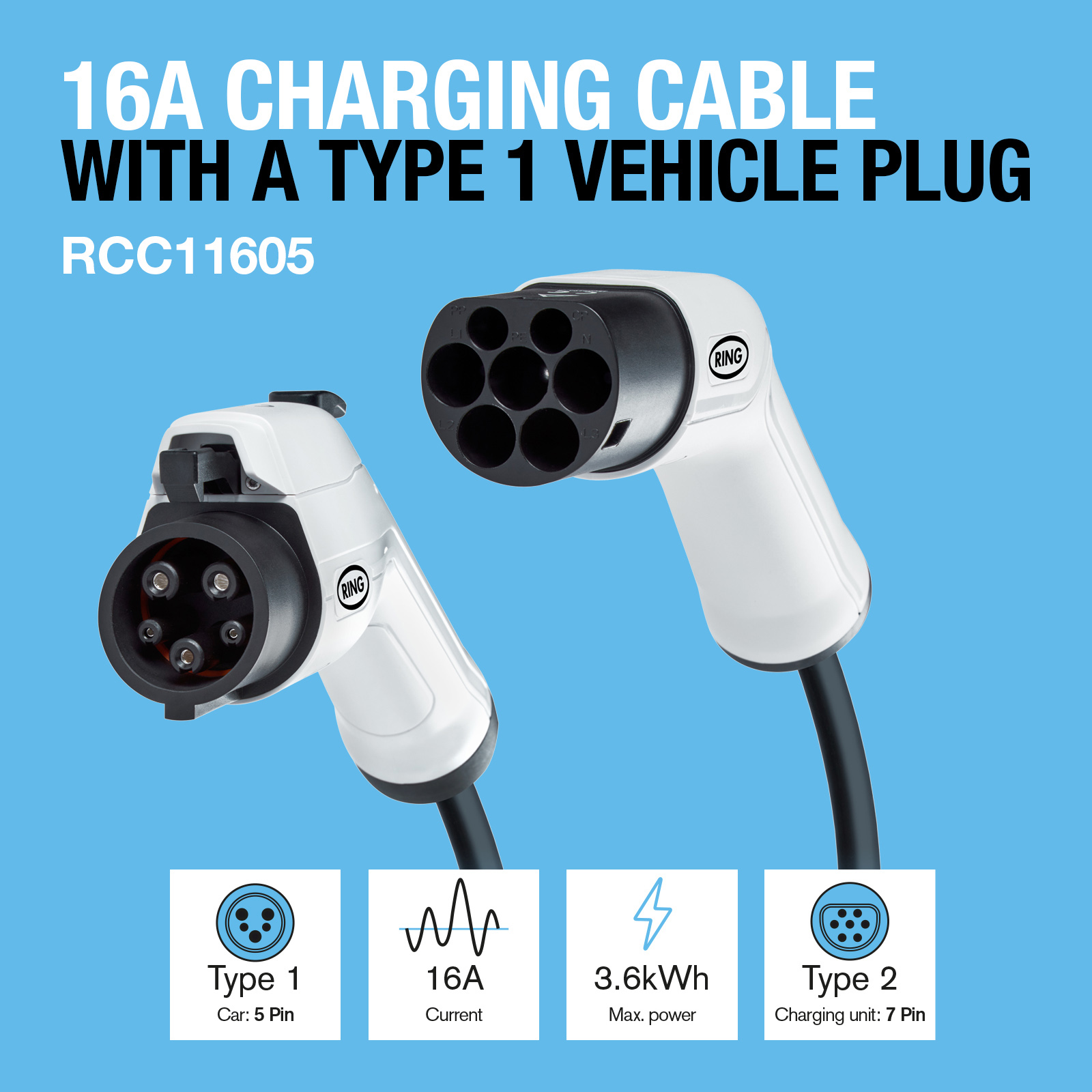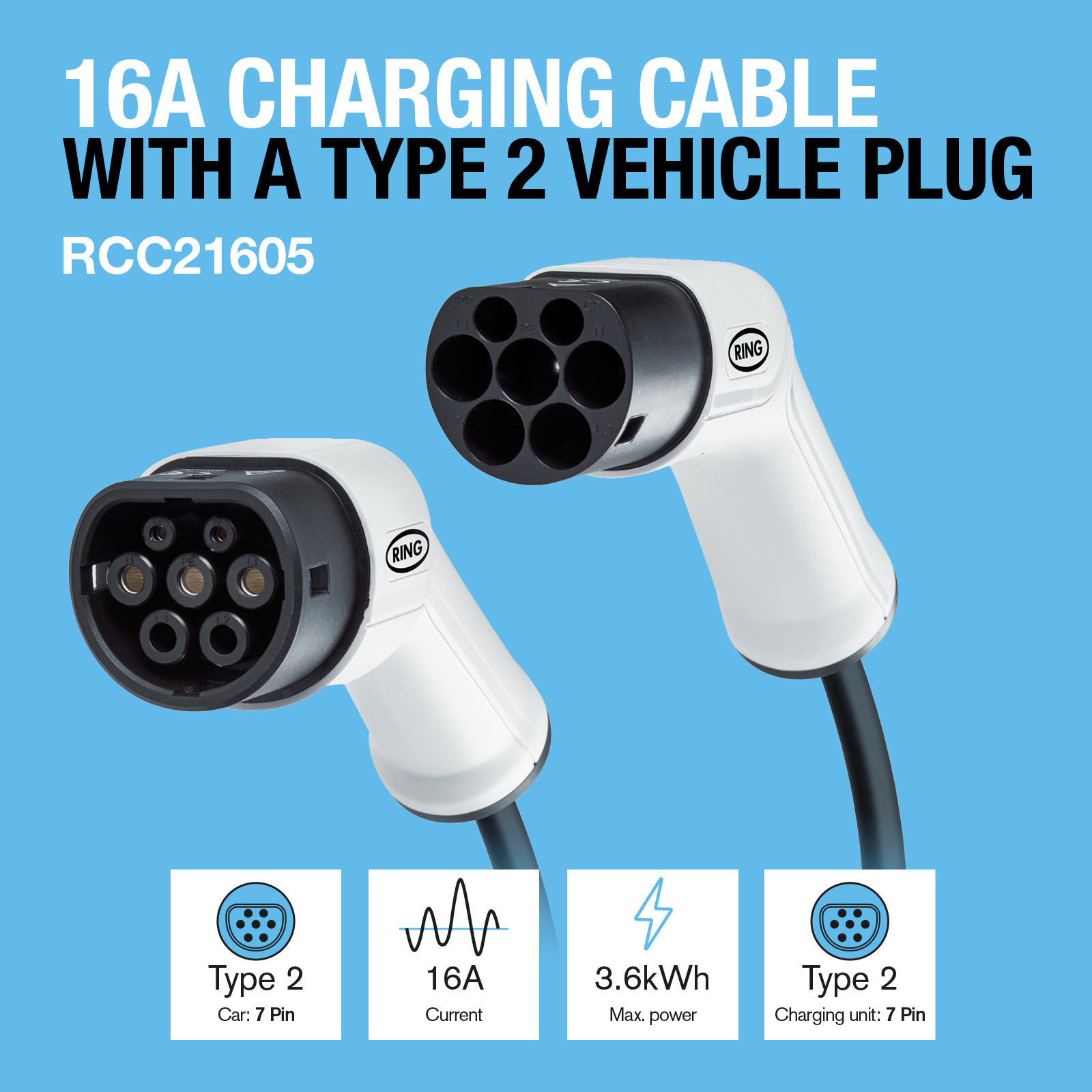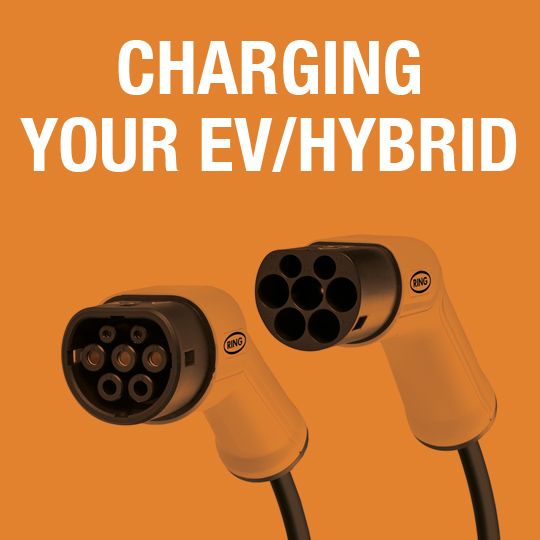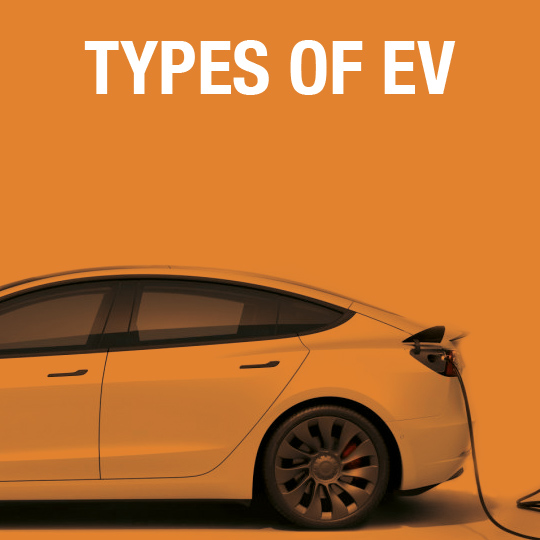EV Charging Cable Buyers Guide.
Which EV charging cable do I need?
Have an electric car or plug-in hybrid and therefore in the market for a set of cables, but not sure what you need or require? Looking to buy an electric car and want to understand more about charging cables?
Well, the first thing to know is that Ring’s full copper EV charging cables deliver consistent power charge rates for all electric/hybrid vehicles and are durable and waterproofed (IP65) to deal with all types of weather and are IK10 rated to withstand the toughest conditions.
The next steps are to understand your vehicle, and how you will be charging it.
So lets go through a few simple questions...
There are two terms here to understand – Type 1 and Type 2.
A vehicle will either have a Type 1 or Type 2 charging connection. If you look in your vehicle manual it will let you know what Type you need.
You can also look at the vehicles connection point as:
- Type 1 sockets have 5 pin locations
- Type 2 sockets have 7 pin locations
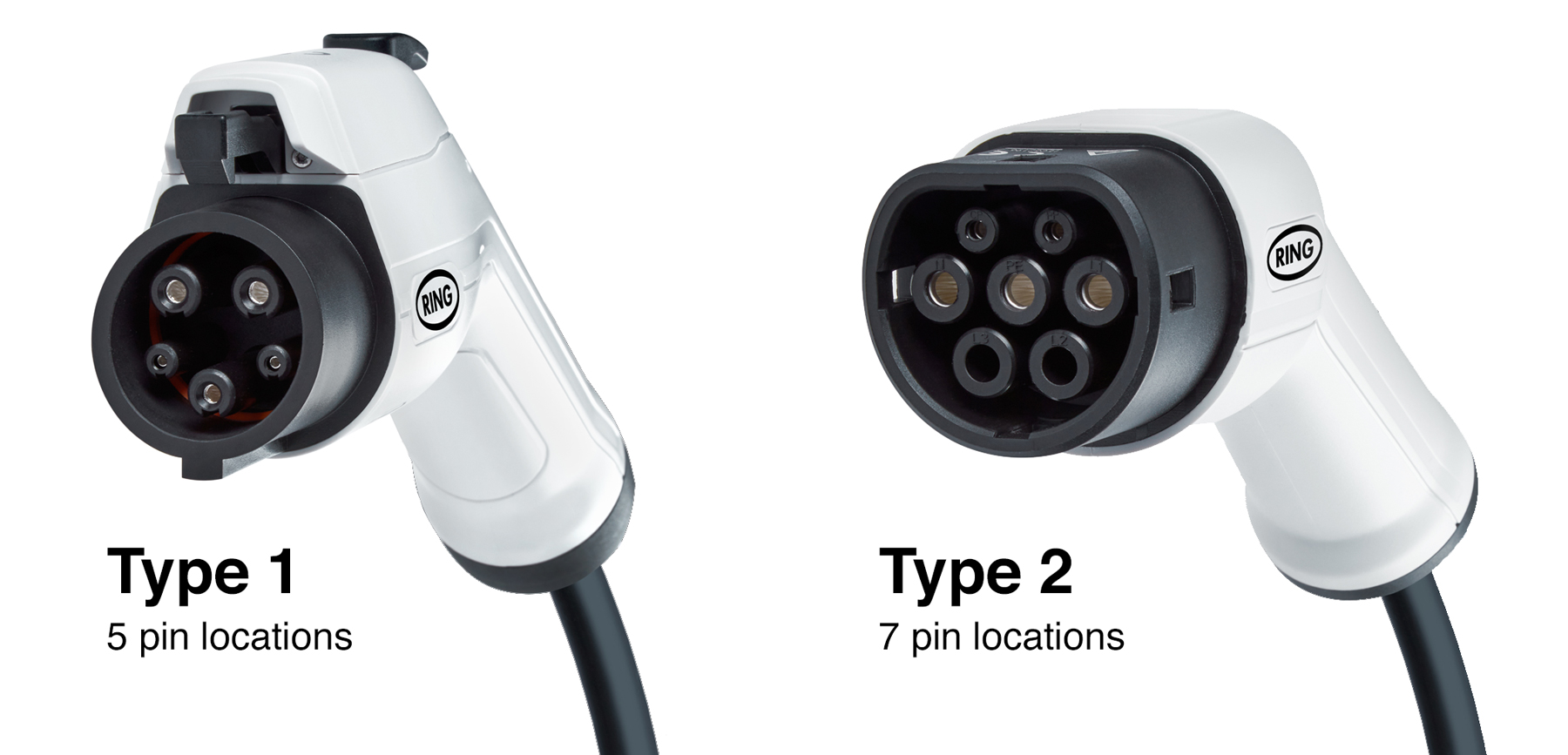
There are two terms here to understand – Type 1 and Type 2.
A vehicle will either have a Type 1 or Type 2 charging connection. If you look in your vehicle manual it will let you know what Type you need.
You can also look at the vehicles connection point as:
- Type 1 sockets have 5 pin locations
- Type 2 sockets have 7 pin locations

The other plug on the charging cable is for the charging point. Public charge points will use a Type 2 connector or have a tethered cable attached to the charge point. Dedicated home EV charge points will also be Type 2. This is why all our cables have a Type 2 plug for the charger point end of the cable.
When you look at a description for a cable it will refer to the charging point plug first, followed by the vehicle plug.
The Vehicles Battery Management System (BMS)
Different charging points have different power supplies, for example
- Domestic electricity supply most of us have at home is single phase – this supplies up to 3.6kW.
- Installing a charging wallbox at home can increase a single phase rate up to 7.2kW.
- Commercial electricity supply is known as three phase. Based on AC power supply this will increase the charge rate up to 22kW.
- Typically any charge point above 22kW will be direct power (DC). Rates will vary and are classed as rapid charging points (e.g. 50kW, 150kW). Most DC charge points will have tethered cables to ensure they are compatible with higher charge rates, so you have to use the cable attached to the charging point.
The vehicle battery management system (BMS) will determine which charging rates are compatible. The BMS will protect the vehicle from over charge by limiting the charge rate to match the vehicles charging specification.
AC (alternating current) Charging Points
The Ring range of EV charging cables are designed for AC charging up to 22kW.
A home EV charging point will have its charging rate regulated to 3.6kW and 7.2kW which will correspond to the 16Amp or 32Amp output. These charge rates are based on a single phase (1 phase) power supply. The difference between the two is the speed of charging – please see examples in the table:
| Example charging times for single phase AC power supplies | ||
|---|---|---|
| Battery Size | 16A Cable Max Output 3.6kWh | 32A Cable Max Output 7.2kWh |
| 30kWh | 8 hrs | 4 hrs |
| 60kWh | 16 hrs | 8 hrs |
| 90kWh | 24 hrs | 12 hrs |
Selecting the right cable to match the charging rate is essential to ensure you can take advantage of faster charging speeds. Using a 16A cable with a 32A charging point will limit the speed of charging to the 3.6kW rate as the vehicles BMS will control charging to protect the vehicle.
The Ring cable options if you have a single phase 16A domestic charging point with a max output of 3.6kW
If you also have the option to charge at work, commercial electricity supply is known as three phase. Based on AC power supply this will increase the charge rate up to 22kW, which is 3 x faster than single phase, so 3 x faster when charging. If you want to take advantage of the increased charging speed from a commercial AC power supply, then you will need a 32A three phase (3 Phase) cable.
Whether you need a replacement cable or a spare cable, we would recommend that you select the best cable to take advantage of the faster charging rates available to you as the charging time saved is significant.
| Example charging times for Single Phase and Three Phase AC power supplies | |||
|---|---|---|---|
| Battery Size | 16A Cable Single Phase Max Output 3.6kWh | 32A Cable Single Phase Max Output 7.2kWh | 32A Cable Three Phase Max Output 22kWh |
| 30kWh | 8 hrs | 4 hrs | 1.5 hrs |
| 60kWh | 16 hrs | 8 hrs | 3 hrs |
| 90kWh | 24 hrs | 12 hrs | 4.5 hrs |
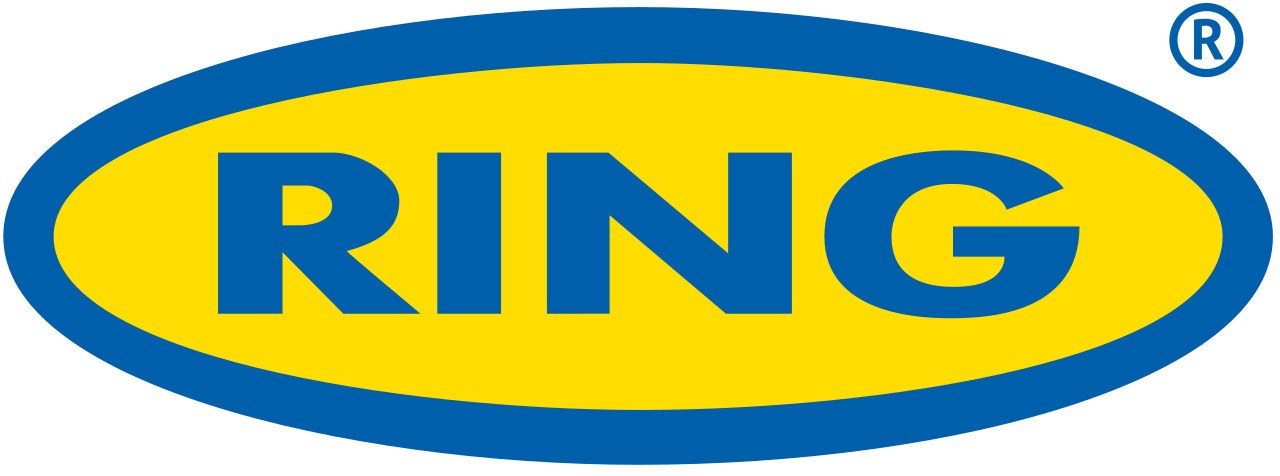
 Free Delivery On Orders Over £25*
Free Delivery On Orders Over £25* Pay In Three Available Over £30
Pay In Three Available Over £30 Two Year Guarantee Included*
Two Year Guarantee Included*